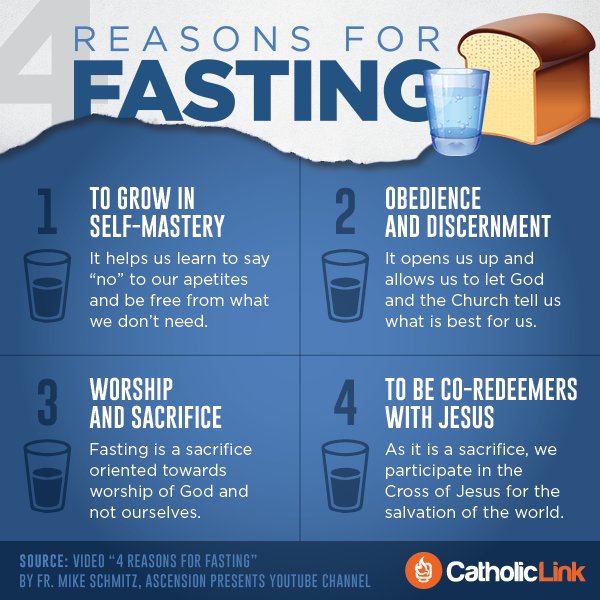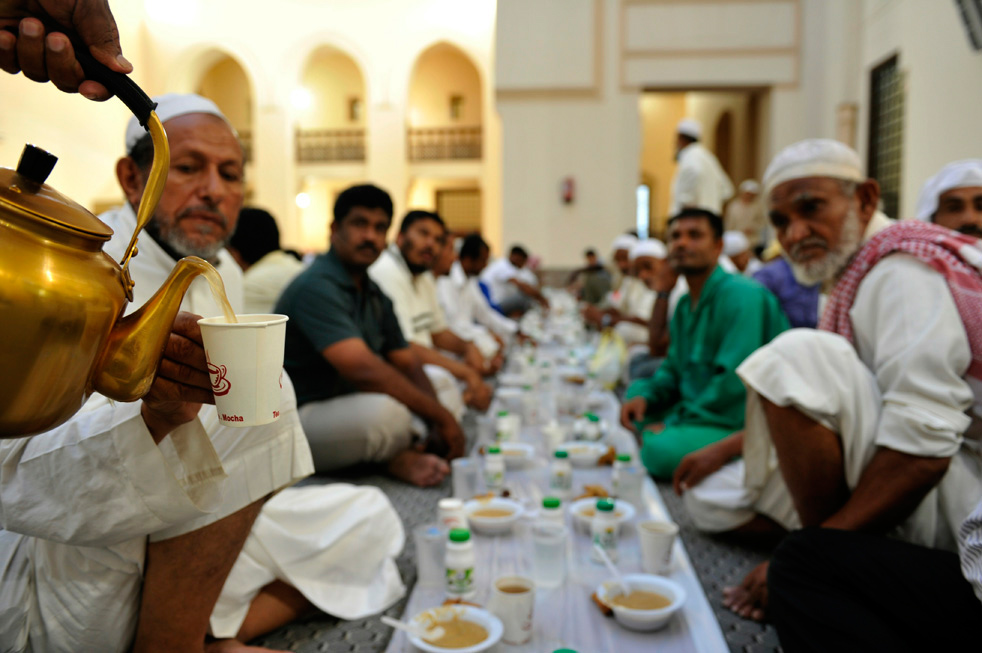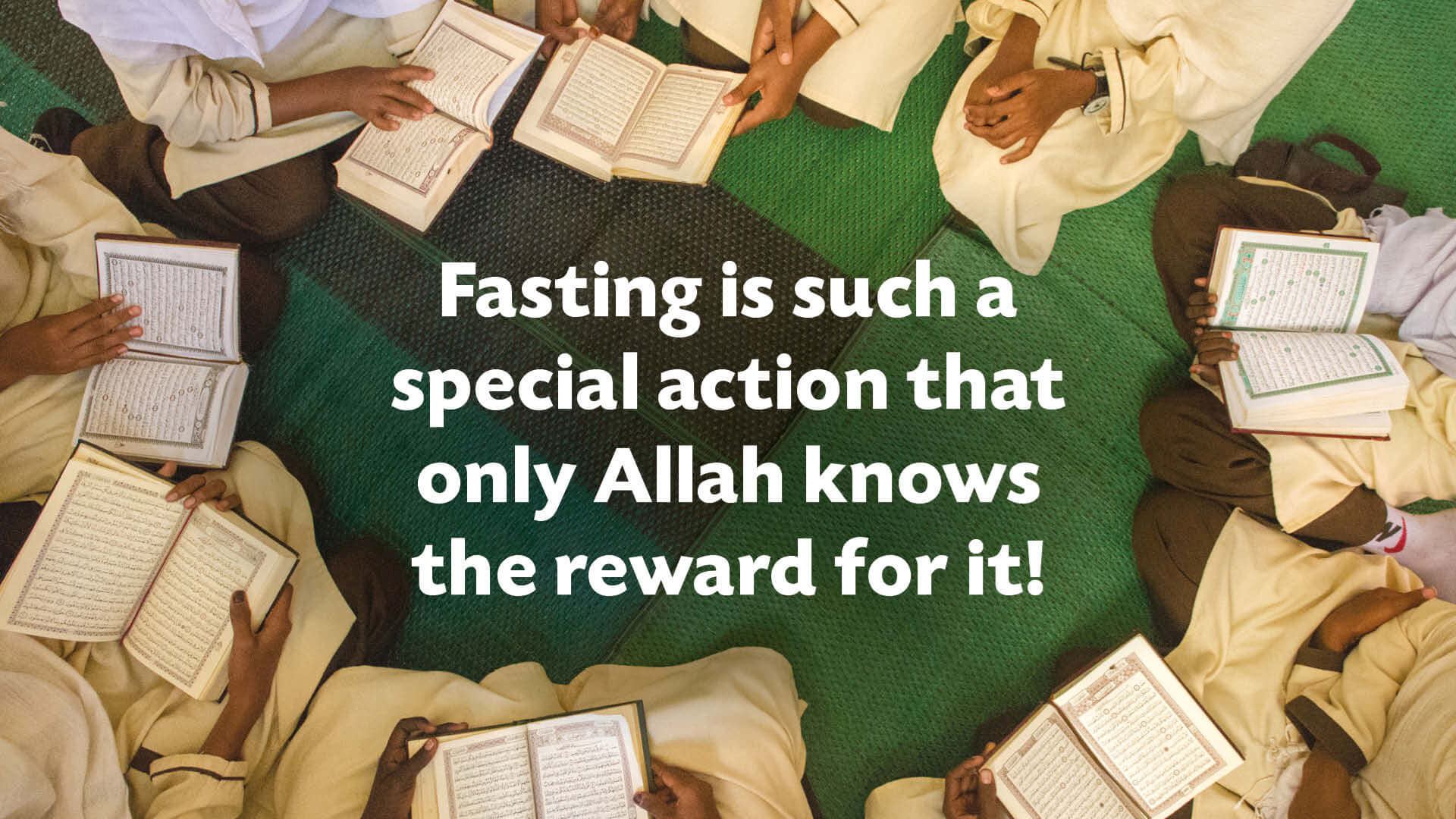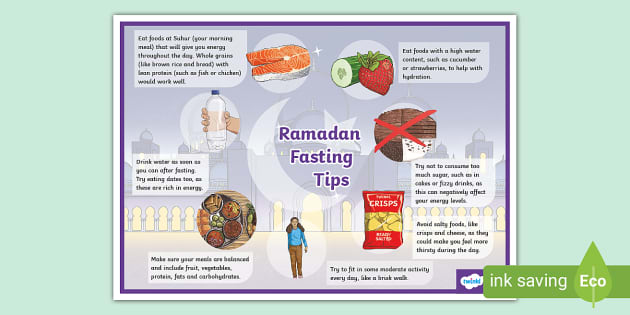Gallery
Photos from events, contest for the best costume, videos from master classes.
 |  |
 |  |
 |  |
 |  |
 |  |
 |  |
Why do Muslims fast during Ramadan? As humans, we are susceptible to sin and transgression. Fasting teaches Muslims to be pious, helping them restrain from worldly pleasures and focus on spiritual growth. Fasting has a tempering effect on the body; it cools the passions and sharpens the mind. Muslims also spend more time offering obligatory and voluntary prayers, reading and studying the Holy Qur’an, as well as being more charitable. Fasting invokes feelings of gratefulness to God for all of His blessings upon us. We Muslims fast the month of Ramadan because Allah has commanded us to do so. Allah says (interpretation of the meaning): “O you who believe! Observing As-Sawm (the fasting) is prescribed for you as it was prescribed for those before you, that you may become Al-Muttaqun (pious).” [al-Baqarah 2:183] During Ramadan, Muslims abstain from eating and drinking. Food is eaten before dawn hits (Suhoor) to grant the body sustenance for the fast and a meal is eaten after sunset (Iftar) to break it. Fasting is only an obligation for people in full health - there are exemptions for: Other things to know. Why do Muslims fast during Ramadan? Fasting provides Muslims the opportunity to acquire a sense of control over their needs, desires and distractions, giving them room for a heightened sense of Fasting, one of the Five Pillars of Islam, is a requirement during the month of Ramadan for those who are able to do it safely. Muslims abstain from food and water from sunrise to sundown. The daily fast in Ramadan includes abstaining from all food and drink – not even a sip of water is allowed – from dawn to sunset before breaking the fast in a meal known as “iftar” in Arabic. Those fasting are expected to also refrain from bad deeds, such as gossiping, and to increase good deeds. Fasting in the month of Ramadan (the 9th month of the Islamic lunar calendar) is one of the Five Pillars upon which the "house" of Islam is built. During this month, every able-bodied Muslim, is required to fast, everyday from dawn until dusk. Fasting is an institution for the improvement of moral and spiritual character of human being. Ramadan fasting is one of the most observed of all the pillars of Islam, with 70-80% of Muslims practising it. It is obligatory for all Muslims, men and women, from the age of puberty. The daily fast in Ramadan includes abstaining from all food and drink – not even a sip of water is allowed – from dawn to sunset before breaking the fast in a meal known as “iftar” in Arabic. These difficulties do not go unnoticed by Allah, and we are told to be actively aware of them so we can expect a generous reward for them from Him. This is understood from the words of the Prophet (Allah bless him and give him peace), “Whoever fasts [throughout] Ramadan out of faith (iman) and an expectation of a reward (ihtisab) all his past This means that a fasting person should not only avoid food but also stay away from bad words, lying, fighting, and anything that would cause harm. Why Do Muslims Fast? The Quran tells us: “Fasting is prescribed for you as it was prescribed for those before you, that you may become righteous.” (Surah Al-Baqarah 2:183) This provides the Believer with great hope. Forgiveness of past mistakes that would otherwise have been the source of regret is a great gift. When coupled with the many other promised rewards, it is a very strong motivator for fasting. That is why we fast. May Allah grant us the full reward and benefit from our fasts. Amin. [Shaykh] Abdul-Rahim In this Ramadan guide for new and newly-practicing Muslims, learn about the virtues of fasting, why we fast, and what we hope to gain through our acts of worship in Ramadan. Take 30 seconds to give for 30 days. Fasting in general is one of the best deeds Muslims can do during the year. But fasting Ramadan in specific is considered one of the pillars of Islam, a shield from the hellfire, an expiation of sins, and an intercession. Fasting is a special act of worship and it needs your patience, your sincerity, and Duas Bring You Closer to Allah – Learn the Most Powerful Duas for Ramadan! Benefits of Fasting in The Month of Ramadan 1. Fulfilling a Pillar of Islam. Fasting during Ramadan is one of the Five Pillars of Islam, making it a fundamental obligation for Muslims. Observing this fast is an act of obedience to Allah’s command. Allah says in the Below, we delve into the multifaceted why is the month of Ramadan important in the lives of Muslims. 1. Fulfilling a Pillar of Islam. Fasting during Ramadan is one of the Five Pillars of Islam, which are the foundational acts of worship in the Islamic faith. Muslims fast every day throughout Ramadan from sunrise (Fajr) to sunset (Maghrib) in Islam. It’s a full day’s fasting – i.e., no food or water during the day. How long you have to fast does vary as much as geography and season are factors, usually anywhere between 11-20 hours. By fasting in Ramadan Muslims are helped to become better people, in fact better Muslims. But the reason they fast is not because of benefits. In the verse we quoted earlier, Allah does not say that if we fast we will gain this or that. He does not say that if we fast during Ramadan we will have deep spiritual experiences and feel better. The daily fast in Ramadan includes abstaining from all food and drink – not even a sip of water is allowed – from dawn to sunset before breaking the fast in a meal known as “iftar” in Arabic. Those fasting are expected to also refrain from bad deeds, such as gossiping, and to increase good deeds.
Articles and news, personal stories, interviews with experts.
Photos from events, contest for the best costume, videos from master classes.
 |  |
 |  |
 |  |
 |  |
 |  |
 |  |